Privacy in crypto has become a hot topic as global government regulations intensify.
Last year, U.S. agencies, including the Financial Action Task Force (FATF) and the U.S. Securities and Exchange Commission (SEC), heightened their scrutiny and monitoring of crypto.
This increased surveillance means that choosing a secure and private crypto wallet has become a crucial criterion for Bitcoin investors.
As crypto transactions can be monitored on the public ledger, finding the most private Bitcoin wallet is fundamental for many users.
What Is a Private Bitcoin Wallet?
Something that needs to be understood before buying Bitcoin is that the blockchain is public.
Every Bitcoin transaction you’ve ever made is recorded on a public ledger. Anyone or any institution who cares enough can view it and track it.
How the Bitcoin Ledger Works
When you send or receive Bitcoin, the transaction details, including the sender’s and receiver’s wallet addresses and the amount, are recorded across the network and added to the blockchain.
For many, this action enhances security. For others, it raises privacy concerns.
A private Bitcoin wallet is designed to keep your transaction details offline and protect your identity.
It’s a secure digital storage solution that maximizes your anonymity and protects your crypto assets from surveillance, hacking, or unauthorized access.
As most custodial wallets are managed by exchanges and therefore have stricter compliance and KYC laws, the most private Bitcoin wallets provide you with full control of your funds through ownership of your private keys.
This feature makes it harder for anyone, including hackers, organizations, or the governments, to track your transactions.
Crypto Wallets with Private Key Access
In crypto, there is a famous saying: “Not your keys, not your coins.”
What does this translate to?
Owning your crypto wallet private key is the only way of maintaining ownership of your digital assets.
This is known as self-custody.
But why would you want a private self-custody crypto wallet?
1️⃣Protection Against Tracking and Surveillance
Whatever your personal reasons are for wanting the most private Bitcoin wallet, the lack of privacy will make you an easier target.
If someone knows your wallet address, they can now see your entire transaction history and balance.
I don’t think we need to point out how this exposure can make you vulnerable to cyberattacks, phishing scams, or other threats.
2️⃣Financial Confidentiality
Wanting digital privacy is not just about staying away from scams. But it’s also about your right to discretion and confidentiality.
Would you go around telling people how much money you have in your personal bank account?
⚠️ Warning: Legal Considerations
Before purchasing Bitcoin anonymously, it’s essential to understand the legal responsibilities in your country or region.
Organizations like the Financial Action Task Force (FATF) have issued global guidelines to regulate digital assets and require service providers (exchanges and wallets) to prevent money laundering and terrorism financing.
You may be subject to Know Your Customer (KYC) and Anti-Money Laundering (AML) regulations.
For example, in the U.S., the Financial Crimes Enforcement Network (FinCEN) enforces reporting requirements on certain crypto transactions.
Make sure you always understand both your rights and responsibilities before buying or selling crypto.
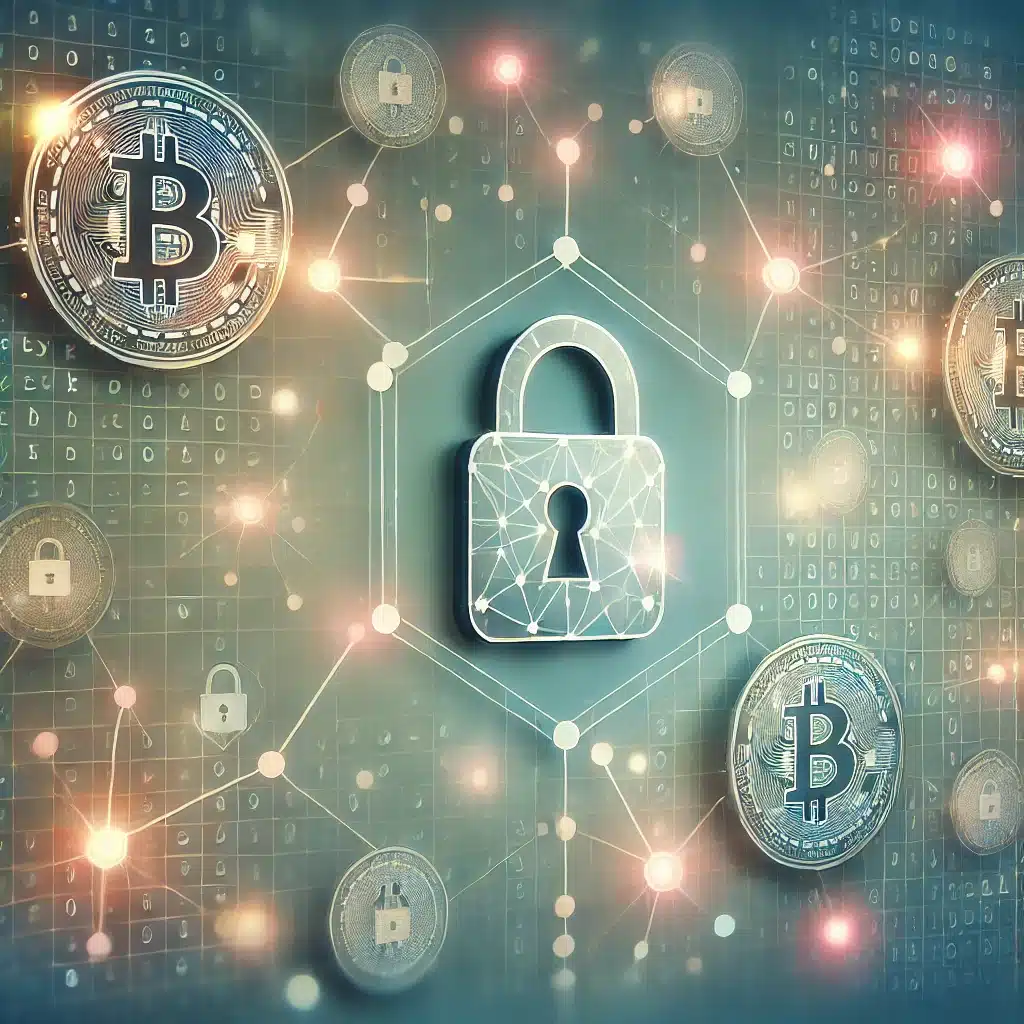
🔐 Security Comparison: What Is the Safest Bitcoin Wallet in the World?
| Wallet Type | Pros | Cons |
|---|---|---|
| Hardware Wallets |
|
|
| Software Wallets |
|
|
Remember, even the most secure wallet can’t protect against user negligence.
Stay informed and practice good security habits to keep your Bitcoin safe.
Make sure to always:
- Keep your private keys and seed phrases in a safe place
- Regularly update your wallet’s firmware or software
- Be cautious of phishing attempts and suspicious links
- Use strong, unique passwords and enable two-factor authentication if available
Best Private Bitcoin Wallets for Maximum Anonymity
Material Bitcoin Wallet: Non-Electronic Cold Wallet
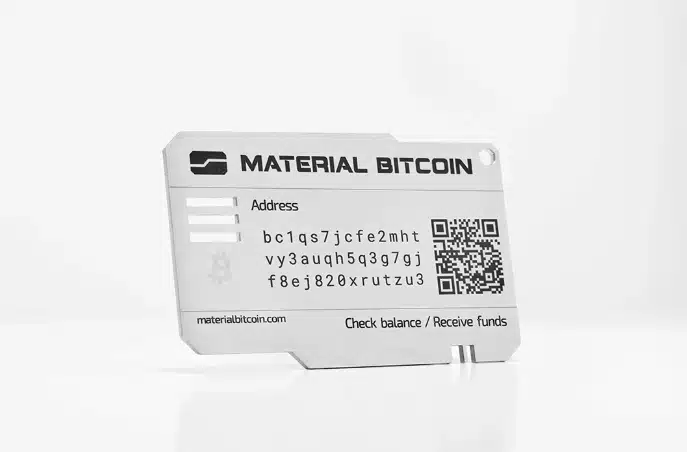
Material Bitcoin is a true cold storage Bitcoin wallet. It provides strong protection and immunity from online tracking and hacking.
Your private keys are protected without ever being exposed to the internet, meaning that there is a zero digital footprint at its creation.
This approach significantly reduces the risk of cyber threats, making it a preferred choice for those looking for the most private Bitcoin wallet with maximum security.
Key Privacy Features
🔌🚫Air-Gapped Technology: Functions 100% offline.
🕵️♂️💳Anonymous Purchasing Option: At checkout, you can pay for your cold crypto wallet in person to avoid divulging your credit card information. This makes Material Wallets a great anonymous crypto wallet.
🛡️💾Backup and Recovery: Available with the Material DIY cold wallet backup.
Pros and Cons of Material Bitcoin
| ✅ Pros | ❌ Cons |
|---|---|
|
|
Wasabi Wallet: Software Wallet
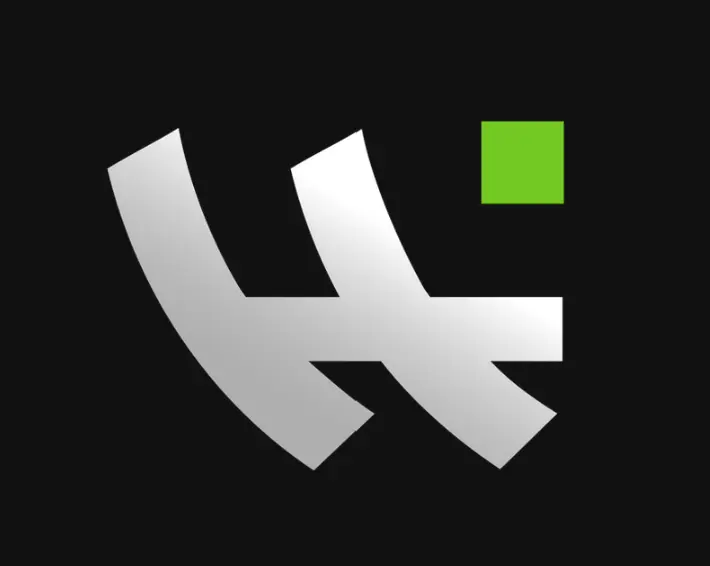
Wasabi Wallet is a privacy-focused, open-source Bitcoin wallet that’s meant to provide privacy and anonymity through its CoinJoin and Tor integration.
Its default use of the Tor network works overtime to protect your IP addresses.
Wasabi only functions as a desktop wallet for Windows, macOS, and Linux. There is no mobile app available.
Key Privacy Features
🔀 CoinJoin Protocol: Combines group transactions to help obscure payment trails.
🧅 Tor Integration: Routes traffic anonymously, aiming to hide IP addresses.
🛡️ Client-side Filtering: Downloads only relevant data, protecting your addresses.
Pros and Cons of Wasabi Wallet
| ✅ Pros | ❌ Cons |
|---|---|
|
|
Trezor Safe 5: Electronic Hardware Wallet
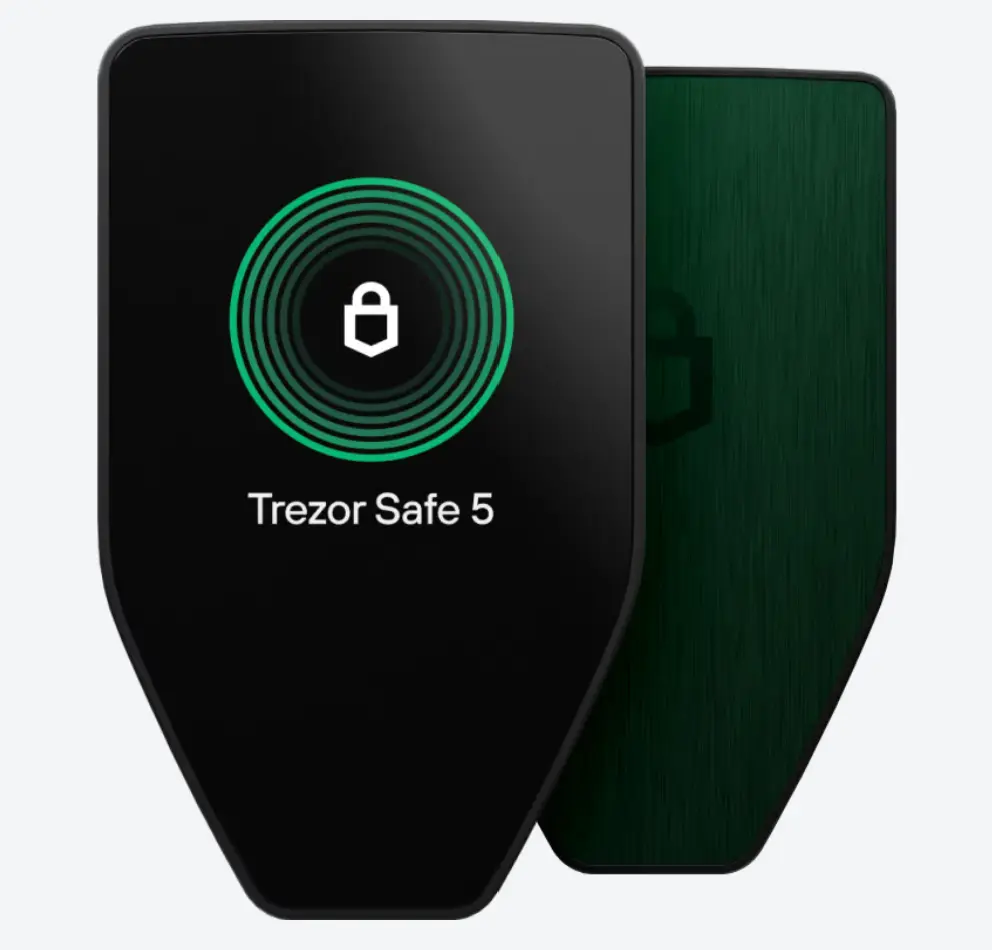
The Trezor Safe 5 is an electronic hardware wallet that has the Tor system integrated.
This hardware wallet has open-source firmware and is compatible with various dApps, making it a good DeFi wallet option if you want to interact with multi-crypto assets, NFTs, and dApps.
Key Privacy Features
🧅 Tor Compatibility: Integrates Tor for anonymous transactions and IP masking.
🔑 Passphrase Encryption: Adds extra security for your hidden wallets.
🔍 Open-Source Firmware: Transparent, auditable software.
Pros and Cons of Trezor Safe 5 Wallet
| ✅ Pros | ❌ Cons |
|---|---|
|
|
How to Choose the Best Private Wallet for Your Crypto
Choosing the best private Bitcoin wallet depends on how often you trade, your need for anonymity, and your risk tolerance.
Try asking yourself these questions to find the best option for your needs.
| Consideration | What to Look For | Why It Matters |
|---|---|---|
| Privacy Needs | Trading vs. Long-Term Storage | If you’re a frequent trader, you may prefer a software wallet. Long-term holders should use secure cold storage. |
| Level of Anonymity | KYC-free wallets | Avoid linking your identity to your crypto for maximum privacy. This will help to keep your crypto wallet untraceable. |
| Wallet Type | Software (hot) vs. Hardware (cold) | Software is convenient but vulnerable. Hardware will give you better long-term security. |
When searching for the best hardware wallet that provides 100% cold storage, Material Bitcoin is your best option for long-term peace of mind.
Tips to Help You Maximize the Protection of Your Crypto Wallet
Regular Software Updates
- Keep your wallet software up-to-date to protect against vulnerabilities.
- Regularly check for firmware updates if you’re using an electronic hardware wallet.
Use Strong Passwords and Enable Two-Factor Authentication (2FA)
- Avoid using easily guessable information like birthdays or common words.
- Enable 2FA to add an extra layer of security to your wallet access.
Secure Storage of Seed Phrases
- Store your seed phrase securely, like on a metal recovery wallet like Material DIY.
Network Security
- Avoid using public Wi-Fi networks when accessing your wallet.
- Be cautious of phishing attempts and suspicious links.
Educate Yourself
- Stay informed about the latest security threats and scams in the crypto space.
- Learn best practices for handling and storing crypto.
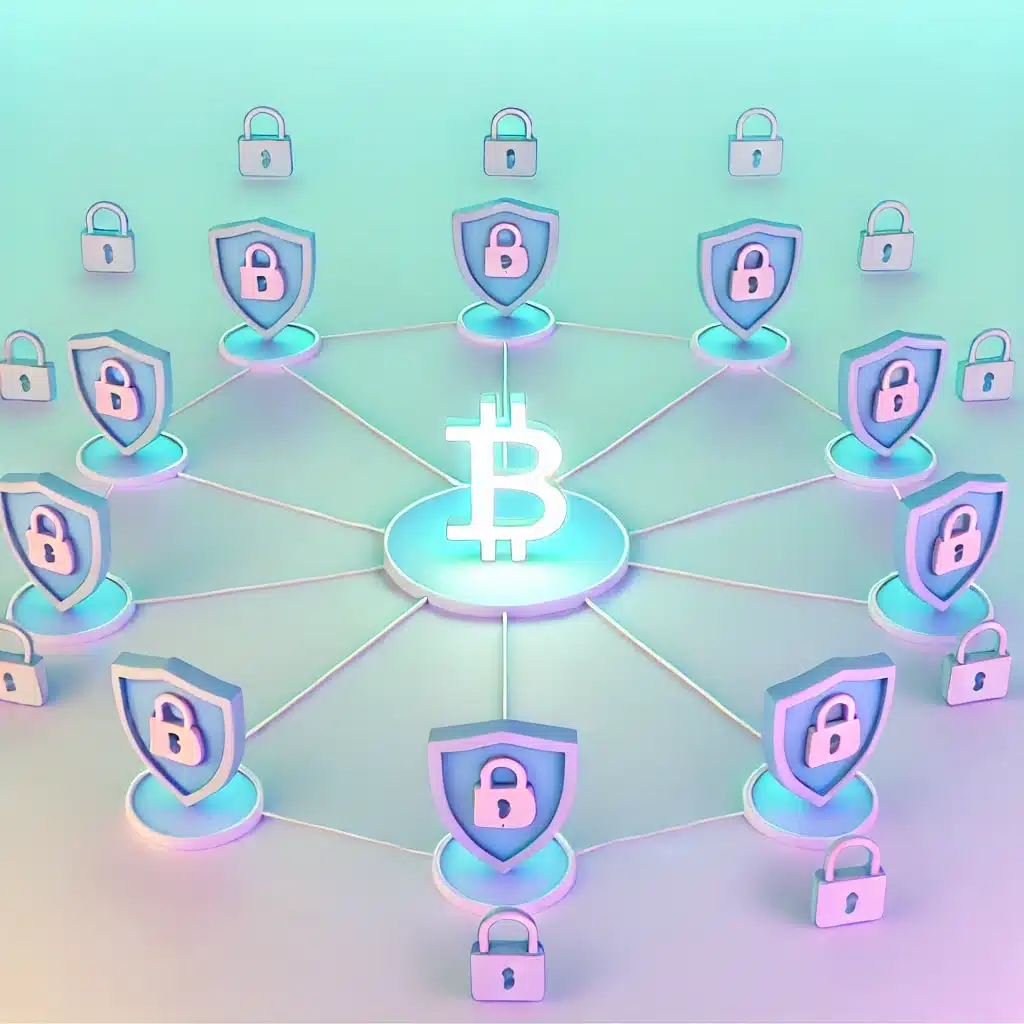
Are Private Crypto Wallets Really Safe?
When managing your crypto, choosing between private, self-custodial, and custodial wallets is a key decision.
By using a privacy-focused crypto wallet, you are given full control over your assets, but this also comes with some challenges and points you must be aware of.
Why Use a Private Coin Wallet?
| 🔍 Reason | 📋 Description |
|---|---|
| 🛡️ Protection Against Surveillance | By controlling your private keys, you minimize exposure to third-party monitoring, enhancing your transaction privacy. |
| 🚫 Reduced Risk of Hacking | Private wallets are less susceptible to large-scale exchange hacks. |
| 🔑 Greater Control (Self-Custody) | Owning your private keys gives you complete authority over your funds, removing reliance on exchanges or third parties. |
While private crypto wallets give enhanced security and control, they also need a higher level of responsibility and, sometimes, technical understanding.
Cons of Private Coin Wallets
| ❗ Challenge | 📋 Description |
|---|---|
| 🔐 Responsibility for Safeguarding Keys | You are fully responsible for your private key security. Unlike custodial services, there is no recovery option if your key is lost. This is why having a safe seed phrase backup is vital for your crypto. |
| ⚙️ Complexity | Private wallets require technical knowledge. Understanding backups, seed phrases, and wallet software may overwhelm beginners. |
| 🚫 Risk of Losing Access | Without a proper backup, losing access to your keys results in the permanent loss of funds. Always store seed phrases securely and offline. |
You must weigh these factors carefully to determine the best option for you to manage your Bitcoin.
How to Choose the Best Private Bitcoin Wallet for Your Needs
When selecting the best private Bitcoin wallet, you must consider factors such as the level of anonymity required, ease of use, and compatibility with other platforms.
Each of the wallets we’ve mentioned has distinct features that will appeal to specific types of crypto users.
The best advice we can provide is to do your research, stay up-to-date on laws and regulations, and only use a wallet or platform that you feel comfortable and secure in utilizing.
FAQs
Is it legal to use the most private Bitcoin wallets?
- Yes, using the most private Bitcoin wallets is generally legal, but laws around privacy-focused crypto wallets DO vary by country. Always check local regulations before using a private coin wallet.
What are the risks of using a privacy-focused crypto wallet?
- While privacy-focused crypto wallets give you more anonymity, they can be more complex to manage, especially concerning your crypto wallet private key.
Can the most private crypto wallets be hacked?
- Although most private crypto wallets provide enhanced security, no wallet is completely hack-proof. Using the best crypto wallet with private key control, especially a cold hardware wallet like Material Bitcoin, significantly reduces your risk.
What’s the difference between a privacy-focused crypto wallet and a regular Bitcoin wallet?
- A privacy-focused crypto wallet has features designed to conceal your identity and transaction history. Regular Bitcoin wallets typically lack these privacy protections.
Are hardware wallets the most private Bitcoin wallets compared to software wallets?
- Yes, hardware wallets are among the most private Bitcoin wallets, since they securely store your crypto wallet private key offline, protecting it from online vulnerabilities.
How do I ensure my private coin wallet remains anonymous?
- To maintain anonymity with your private coin wallet, consistently use built-in privacy features, avoid reusing Bitcoin addresses, and utilize tools like Tor or a VPN during transactions.
Do I need to complete KYC to use the most private crypto wallets?
- Many of the most private crypto wallets do not require KYC, allowing you to maintain anonymity. However, wallets tied to exchanges usually need personal information.

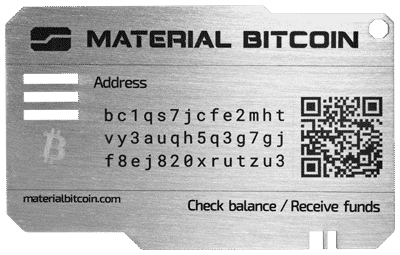
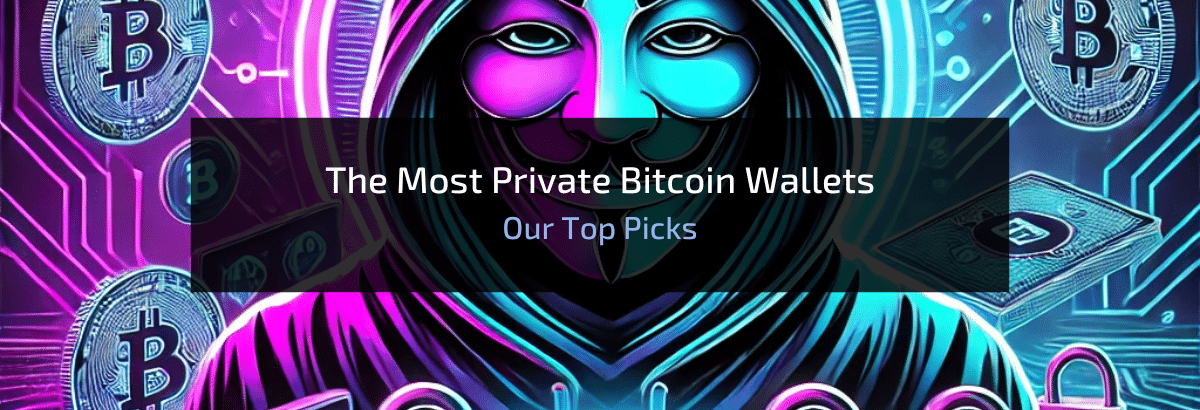
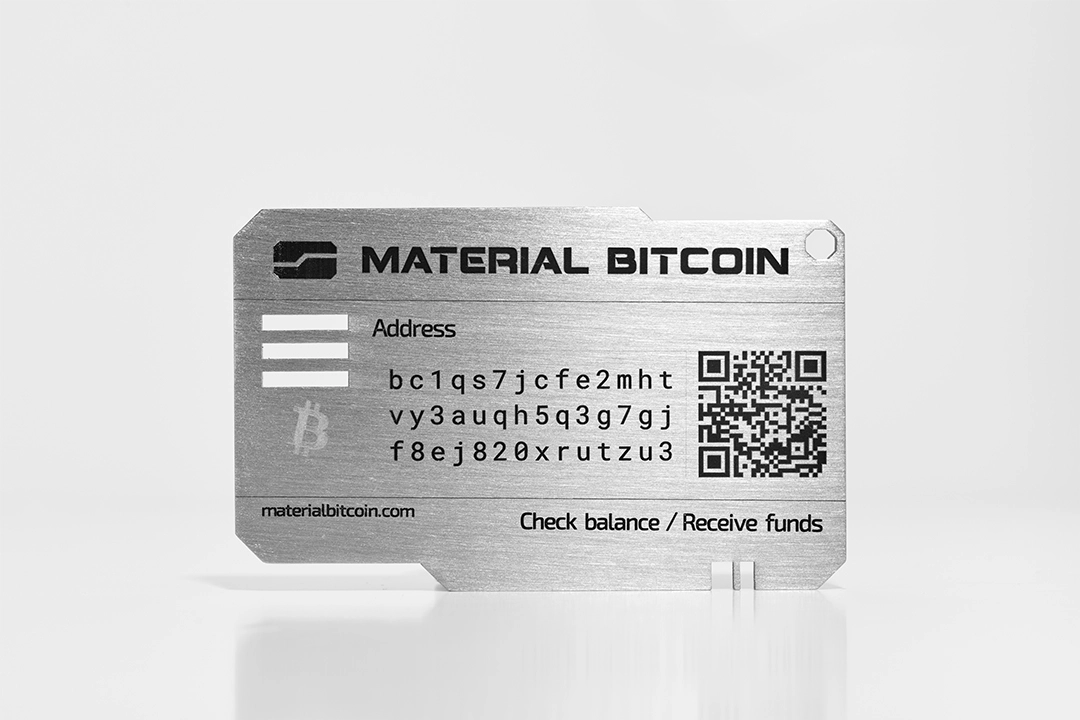
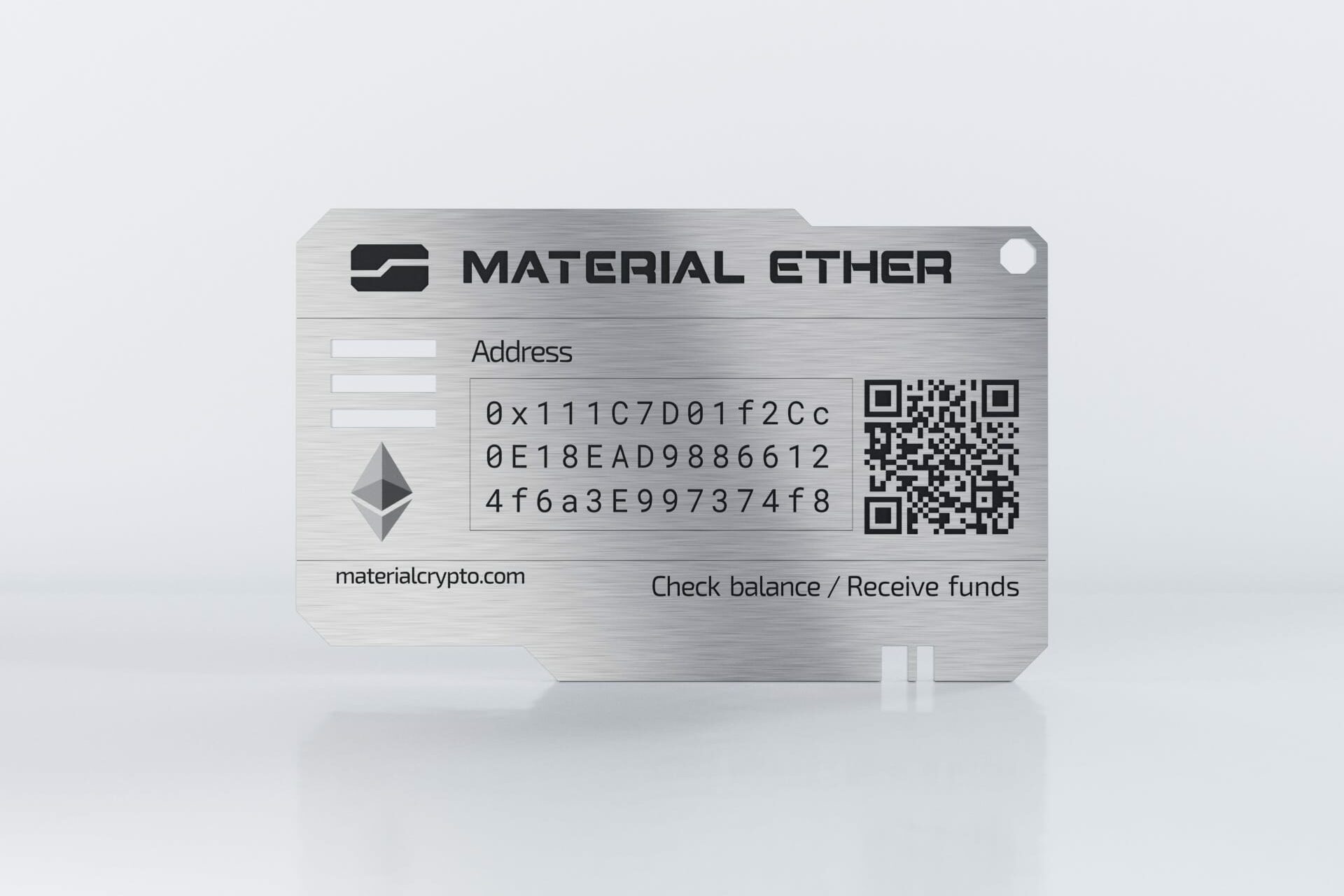
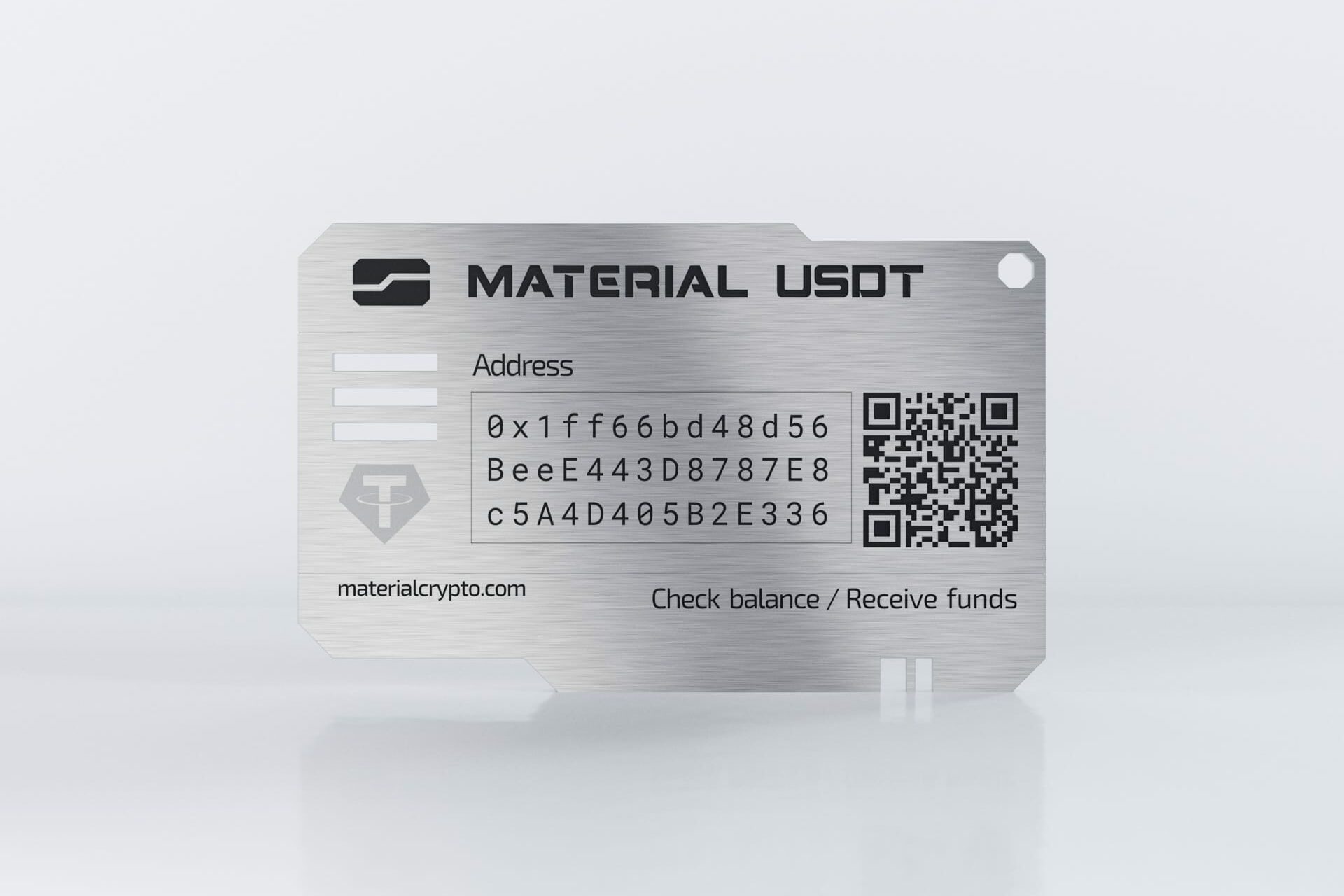




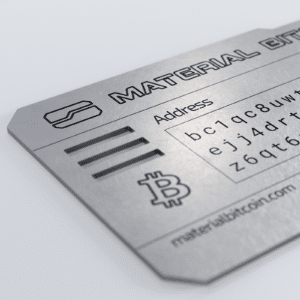
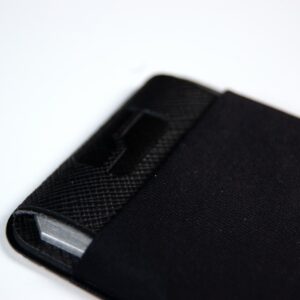
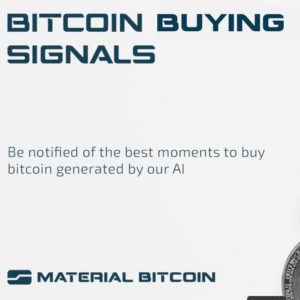
0 Comments